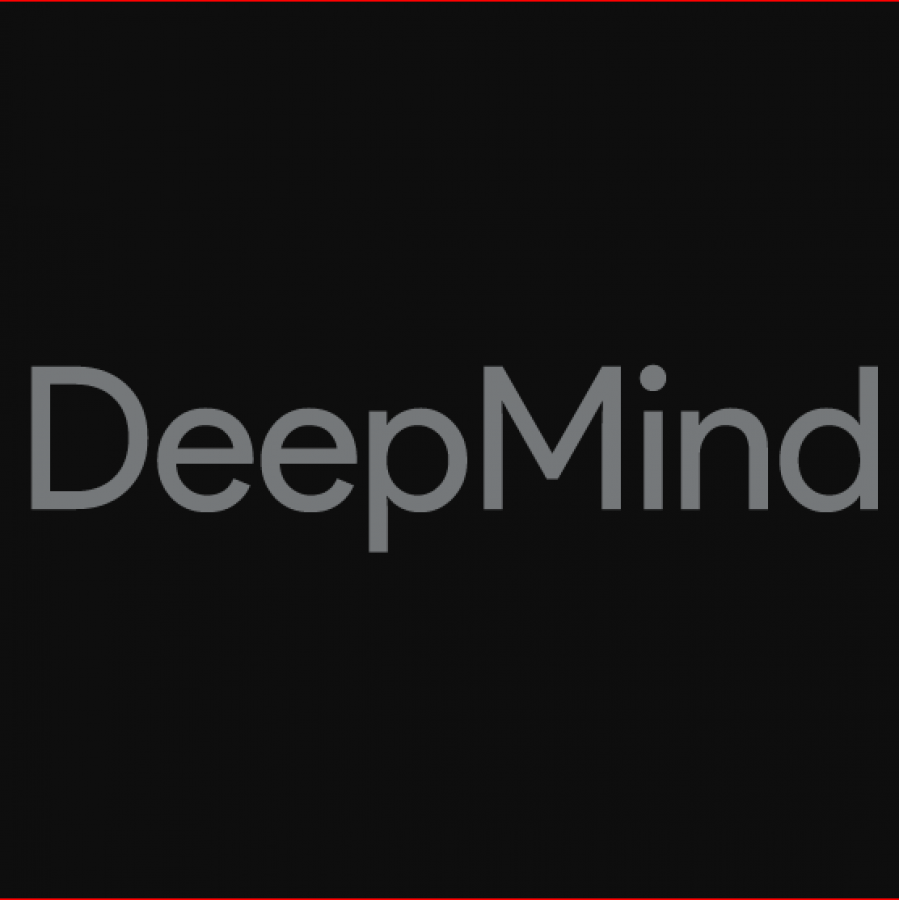Artificial intelligence (AI) is in its early stages, but researchers at DeepMind Technologies are taking large strides to revolutionize our daily lives through this technology.
DeepMind’s core mission is to apply AI to a variety of fields such as medicine and agriculture in order to find new approaches to solving difficult problems. Recognizing the potential of the company, Google acquired DeepMind for more than 500 million dollars in 2014, accelerating the progress of the company’s research in AI.
Not long ago, the company undertook the task of creating a machine capable of reasoning through one of the most difficult games of all time: Go. Their result: AlphaGo. AlphaGo relies upon two multi-layer neural networks, one is focused on picking the moves and the other is for evaluating the probability of winning resulting from the position on the board.
When paired against Lee Sedol, the reigning champion of Go at the time, AlphaGo won the match 4-1, a big step in terms of AI research.
“We are thrilled to have achieved this milestone, which has been a lifelong dream of mine,” Demis Hassabis, CEO and cofounder of Google DeepMind, explained. “Our hope is that in the future we can apply these techniques [we used to build AlphaGo] to other challenges — from instant translation to smartphone assistants to advances in health care.”
Bouncing off of AlphaGo, DeepMind researchers designed a machine that took a different approach to playing Go. Coined as AlphaGo Zero, this machine improves its own gameplay through playing by itself. “It discovers how to play the game of Go from first principles,” said David Silver, a professor from DeepMind. When faced against its predecessor AlphaGo in the game Go, AlphaGo Zero won the match with a score of 100-0.
What’s promising from this result is that AlphaGo Zero didn’t rely upon any human expertise, which means that the future AI could solve problems that we can’t.
More recently, researchers at DeepMind worked on the application of artificial intelligence in medicine, specifically for detecting sight-threatening eye diseases. Their developed AI system detected these diseases with about the same accuracy as the world-leading expert doctors.
Though DeepMind’s efforts with AI may not directly impact us now, their track history is almost certain to bring upon visible changes to our lives in the coming future.









